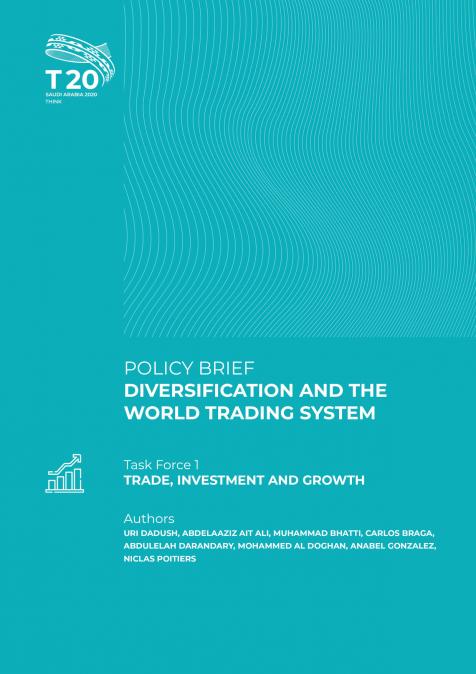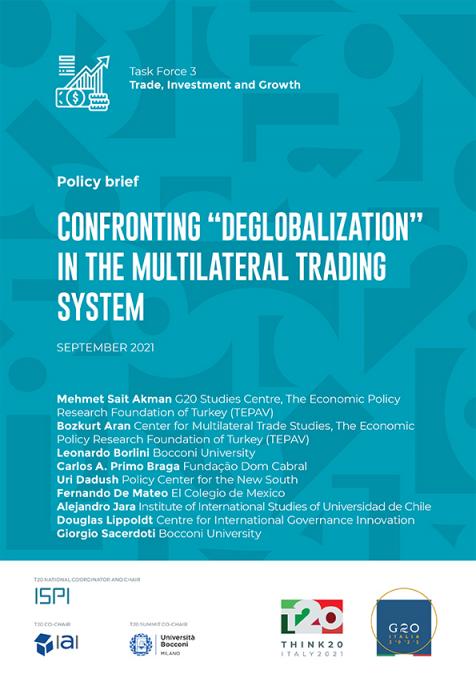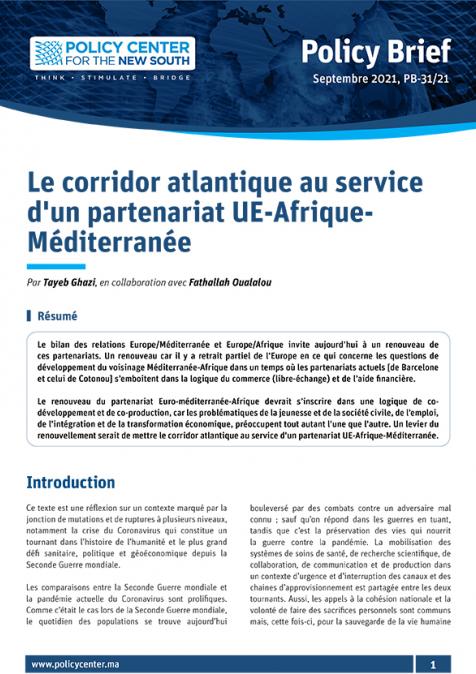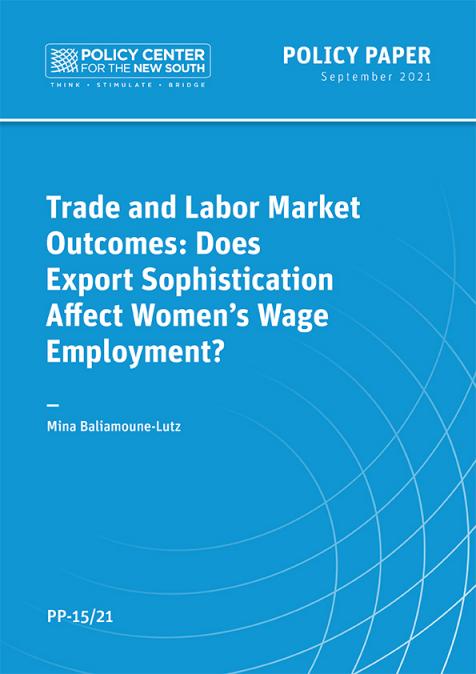Publications /
Policy Brief
Diversification is important because it is associated with economic growth and reduced volatility. Diversification of exports, which provide foreign exchange and enable imports of critical goods, services, and know-how, is crucial for developing countries. The question we address in this brief is how export diversification is affected by trade policies, including multilateral rules, regional trade agreements, and national measures. The record on diversification is poor across a large number of developing countries, especially in Africa, the Middle East, and Latin America. Asian and Eastern European countries have performed better. Though diversification first requires domestic reforms, the current trading system does not help. The world trading system does not support developing countries with export diversification; moreover, the situation is deteriorating. To promote export diversification in developing countries and to sustain long-term global growth, the Group of Twenty (G20) must restore the credibility of the rule-based system. Reducing tariffs and tariff escalation in labor-intensive manufactures is critical. In many developing countries, the diversification potential for agriculture is severely impeded by subsidies, tariff barriers, and protectionist standards. Individual countries can take many steps to foster export diversification, the most important of which are improving the efficiency of their service sector, liberalizing imports of services, and encouraging inward direct investment. Reforms of the world trading system, spearheaded by the G20, can help promote these changes at the country level.
This article was originally published on T20 Saudi Arabi 2020 Think website:
https://t20saudiarabia.org.sa/en/briefs/Pages/Policy-Brief.aspx?pb=TF1_PB8








